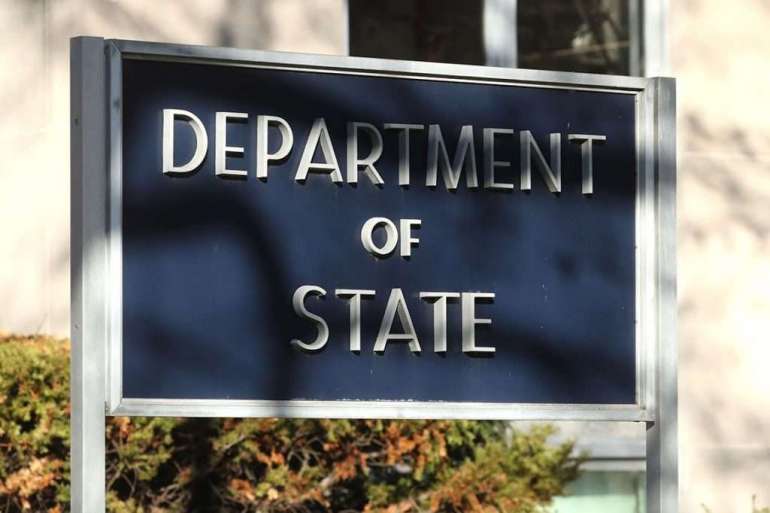State now referring victims of directed-energy attacks to National Institutes of Health

NIH is comprised of 27 separate institutes, the majority of which are located on a campus in Bethesda, Md., and employs world-class clinicians and researchers who have experience working with various U.S. agencies on murky medical issues.
The State Department’s decision to transport affected personnel from their posts to NIH reflects the intensifying nature of the investigation into the phenomenon, which is suspected to have impacted Americans abroad and on U.S. soil, including near the White House. And it comes just a few days after McKeon announced that the department would be launching a voluntary pilot program to gather U.S. diplomats’ baseline health information before they are sent overseas.
McKeon’s latest cable followed another similar note from May that outlined what the State Department was doing to help personnel who reported “unexplained health incidents,” or symptoms similar to “Havana Syndrome,” which include intense ringing and pressure in the ears, hearing loss, debilitating headaches and even permanent brain damage.
State is using an existing task force known as the Health Incident Response Task Force, formed in 2018 and composed of senior department officials and subject-matter experts, to study a number of new reports, according to McKeon’s note.
“We recognize the complexity of this situation due to the fact that affected employees and family members have experienced a wide range of symptoms. Because the precise nature of these injuries has varied, treatment also must vary,” McKeon said in the cable. “We have not yet established whether a common cause exists for all individuals. We are determined to do everything we can to take care of the people who have been impacted.”
In a statement to POLITICO, State Department spokesperson Ned Price said Ambassador Pamela Spratlen, a career Foreign Service officer, “is leading the effort, in close coordination with Department leadership, to support our employees as we seek to determine the cause of these incidents and assist those who have been affected.”
The State Department is asking diplomats and their family members to alert their mission’s health department “if they note a new onset of medical symptoms that may have begun in association with head pressure and include disorientation, nausea, headache, vestibular disturbances, auditory symptoms, vision changes, and cognitive deficits,” McKeon’s cable said.
State also established the Care Coordination Unit in the Office of Employee Relations to help personnel who report injuries pay for the medical help they need.
U.S. officials suspect that Russia’s military-intelligence unit, the GRU, may be behind the suspected attacks; but the “invisible” nature of the weaponry has made it difficult for the U.S. government to make a formal determination.
In the meantime, CIA Director William Burns is receiving daily briefings on the status of the sprawling investigation, POLITICO previously reported.